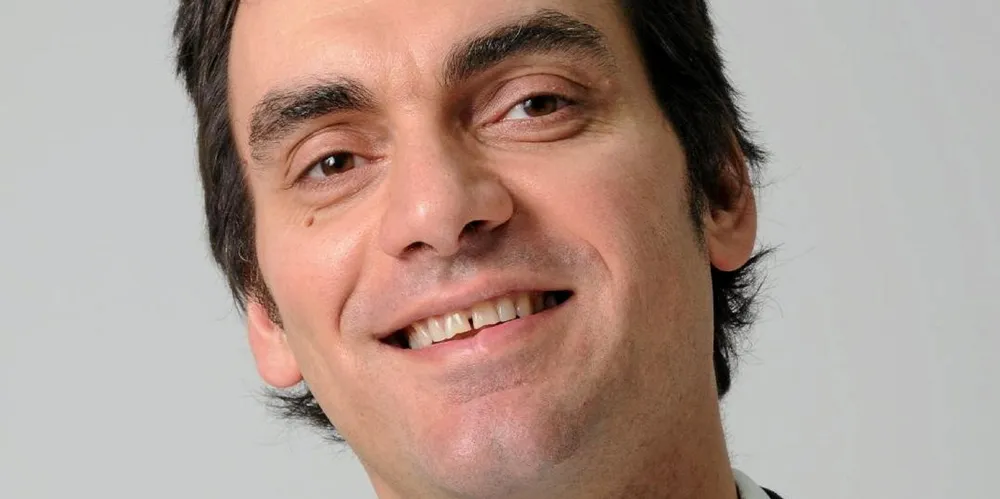Yes it's a petrostate, but COP29 host Azerbaijan might be the transition story the world needs
OPINION | Controversy around a second climate summit being staged in a fossil-rich nation could be missing the bigger picture, claims Nick Medic

OPINION | Controversy around a second climate summit being staged in a fossil-rich nation could be missing the bigger picture, claims Nick Medic
